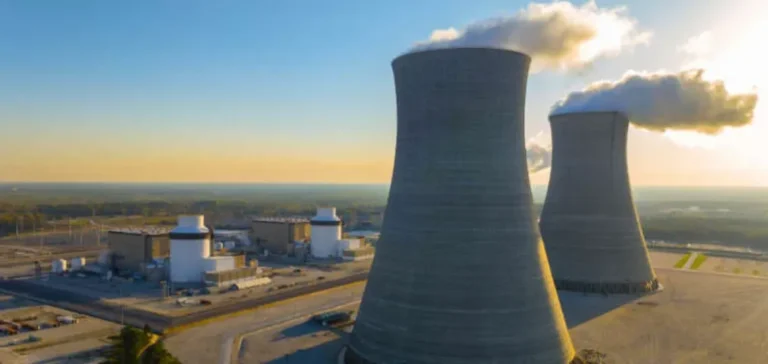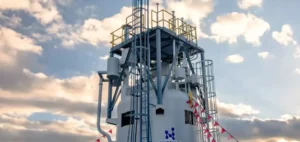The United States Nuclear Regulatory Commission (NRC) has extended the design certification for the advanced modular AP1000 reactor, developed by Westinghouse Electric Company, through to February 2046. This decision reinforces the regulatory framework for building AP1000 plants in the US and supports their global deployment.
New 40-year regulatory term
The extension follows a recent rule change adopted by the NRC, increasing the validity of design certifications from 15 to 40 years. This framework gives nuclear infrastructure operators long-term visibility for construction and operational planning. Design certification is a critical prerequisite for securing site approvals, construction permits and operating licences for any nuclear project based on the AP1000 model.
Advanced generation modular reactor
The AP1000 reactor is currently the only large-scale Generation III+ modular reactor with a full construction licence. It features passive safety systems and a modular architecture, enabling a reduced land footprint per megawatt electric. Six units are already operational worldwide, with fourteen others under construction and five more under contract.
Strengthened international outlook
The NRC’s decision also paves the way for greater regulatory recognition internationally. According to Westinghouse Electric Company, the extended certification provides a reliable benchmark for foreign regulators, thereby facilitating technology exports to new markets. The AP1000 reactor has already been selected for national nuclear programmes in Poland, Ukraine and Bulgaria, and is under consideration in several other European countries, as well as in the United Kingdom and North America.
“The 40-year certification extension establishes a solid foundation to accelerate delivery of multiple AP1000 units globally,” said Dan Lipman, President of Westinghouse Energy Systems, in a statement released by the company.






















